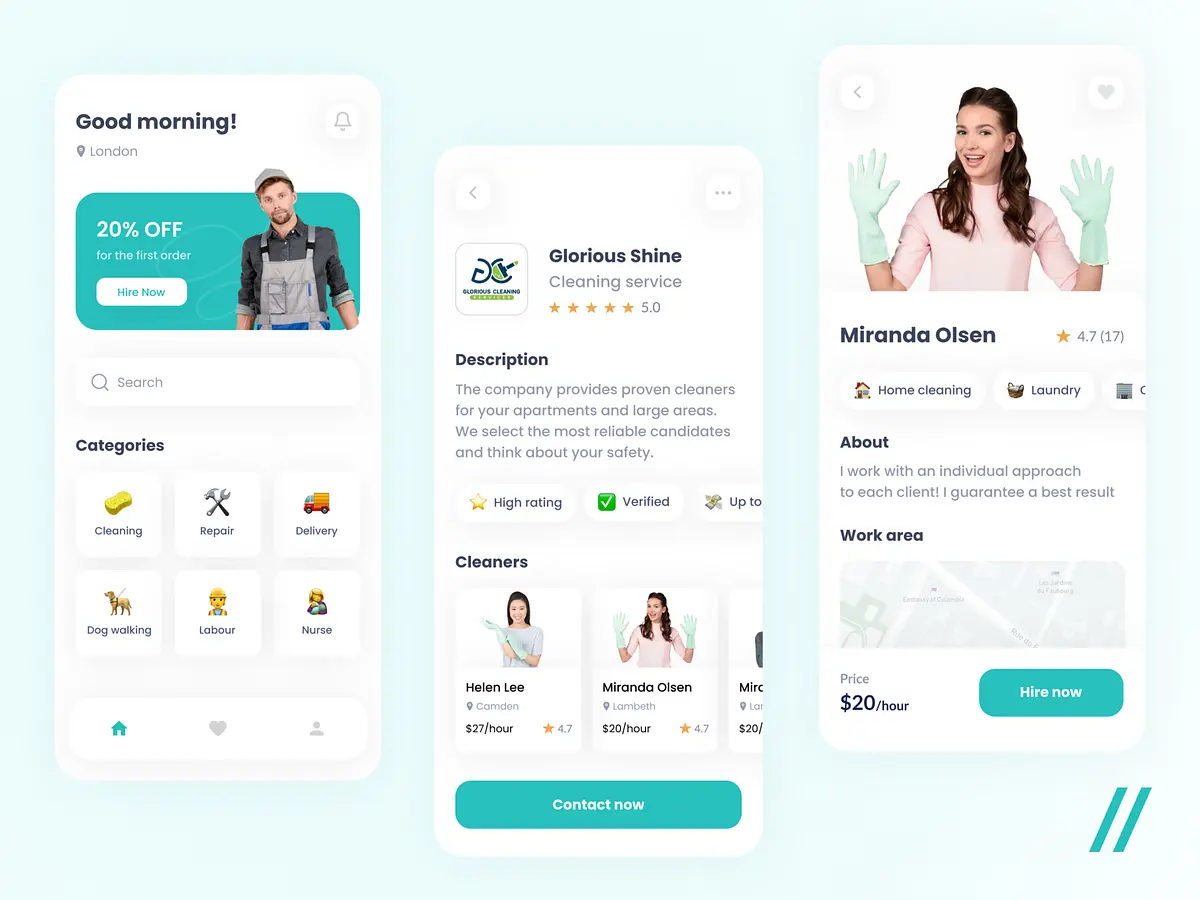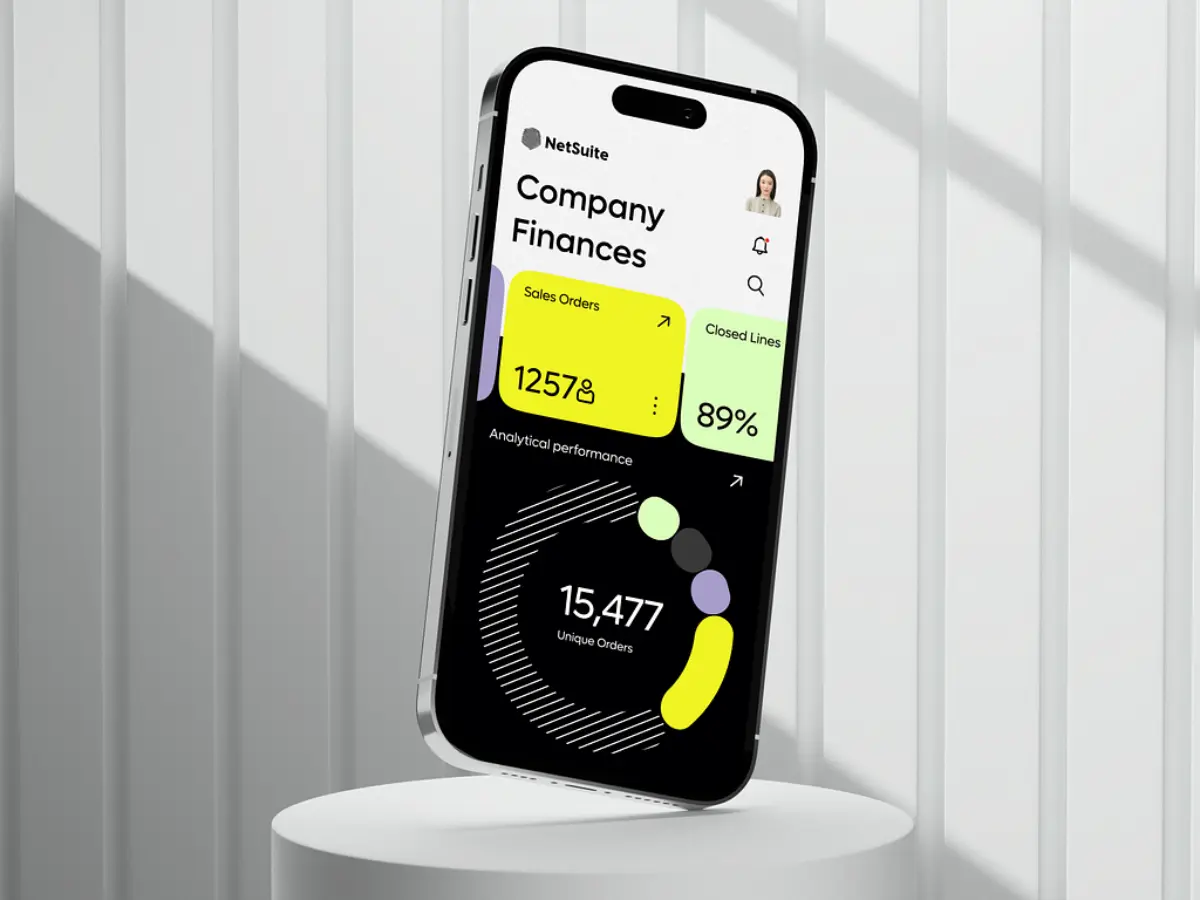Web App vs Mobile App: An in-depth comparison


As a business trying to adapt its services to a digital platform, you must have heard about the topic of web apps vs. mobile apps. These two terms can sound confusing sometimes to newcomers.
As a result, businesses cannot make up their mind on which one is more suitable for their business model. In this article, your confusion will be answered.
TECHVIFY Software will show you the differences between web apps vs. mobile apps, then compare the pros and cons of each one in order to help you in making the decision.
First, let’s dive into the short definition of web and mobile apps. The web app does not need to be downloaded, it is designed to run on a browser.
It can be fully functional and accessible on a user’s device, whether it’s a PC, a laptop, a smartphone, a tablet, etc.
On the other hand, mobile apps are built to run on specific devices, such as smartphones and tablets. Some main differences in function and performance of web apps and mobile apps:
Learn more: Unveiling Mobile App Development Costs: Strategies for Savings
| Pros | Cons |
| Web apps function in the browser and do not need to be downloaded or installed. Therefore, it provides access to users on a wide range of devices, regardless of the operating system. | It cannot work without an Internet connection. |
| They are easy to maintain, as they have a common codebase regardless of the mobile platform. | Variations in web browsers can occasionally cause challenges in running a web app. |
| More accessible since web apps are displayed in search results on search tools like Google. | Usually slower than mobile apps. |
| It takes less time and money to develop a web app than a mobile app. | Can be difficult to discover since they aren’t hosted in a specific database like an app marketplace. |
| The web app doesn’t need to be approved by app stores and marketplaces, so it is faster to get them to market. | Higher risks of poor quality since it doesn’t need to be approved by app stores. |
Related services: Web application development services
| Pros | Cons |
| A mobile app works with a phone’s built-in features, like location services, microphone, and camera, so it usually works faster and more efficiently. | Usually, it would cost more time and money to develop a mobile app. |
| A mobile app allows you to send users reminders, which increases engagement. | Require regular maintenance updates for bug fixes, security issues, etc. |
| Since developers create a mobile app specifically for a particular operating system, they sometimes offer a better user experience. | Need time to get approval from marketplaces. |
| It can function without an Internet connection. | Require to be downloaded and installed on user’s devices. Users might also have to download it many times if they use different devices such as smartphones, iPad, tablets, etc. |
| Presenting your app on marketplaces such as the App Store or Google Play can be beneficial in terms of branding and help to extend your reach to a broader audience. | Need to be built on two separate platforms (iOS and Android) to improve accessibility. |
| It can guarantee more safety and security, as it must be approved by the app stores. |
Related services: Mobile app development services
To decide which app is the most suitable model for your business, you should consider which best suits your target audience. Ask yourself the following questions.
The answers will provide insights into which app, web app vs. mobile app, you should choose that would benefit your business the most:
If you have an idea for an application but are unsure about which app to pursue, you should contact an experienced app development company for a reliable consultant.
TECHVIFY Software is definitely amongst the top choice you should take into consideration.


Table of ContentsDifferences between web apps vs. mobile appsPros and Cons of web apps: Pros and Cons of mobile apps:Conclusion: Technological advancements are paving new paths for companies across different sectors, and the logistics industry is no exception. According to a survey by Gartner, 87% of supply chain professionals plan to invest in enhancing the resilience of their platforms. Logistics encompasses a broad and complex array of processes that demand the utmost precision and continuous optimization. Companies can automate and streamline these processes through software product development, significantly boosting efficiency. In this article, we will delve into the realm of logistics…
26 July, 2024

Table of ContentsDifferences between web apps vs. mobile appsPros and Cons of web apps: Pros and Cons of mobile apps:Conclusion: The technology sector is advancing at an unprecedented pace, and the HR landscape is evolving right alongside it. To attract top talent, HR professionals and organizations need to stay ahead of emerging technology hiring trends. This year, we are witnessing significant shifts in hiring practices that will redefine our understanding of the future workforce. According to a Microsoft study, the number of technology jobs worldwide is expected to skyrocket from 41 million in 2020 to an incredible 190 million by 2025….
25 July, 2024

Table of ContentsDifferences between web apps vs. mobile appsPros and Cons of web apps: Pros and Cons of mobile apps:Conclusion: Customized software plays a major role in managing various tasks within the telecom industry. It is essential for allocating numbers to subscribers and managing networks through optimized and AI-enabled routing protocols. Additionally, it aids in detecting fraud with intelligent telecom software development solutions and maintaining detailed subscriber profiles, including comprehensive call recording reports. I. A Quick Look into the Telecommunication Industry The telecommunications industry enables the global exchange of information in the 21st century. Key players in this sector include cable…
24 July, 2024


Thank you for your interest in TECHVIFY Software.
Speed-up your projects with high skilled software engineers and developers.
By clicking the Submit button, I confirm that I have read and agree to our Privacy Policy